Safe Community Youth Initiative
The following article is written by ‘iDover’ Harriet Ahalo
Over the years, Kilifi County has been mapped as a hotspot for terrorist activities, as it provides a good hideout and training ground for radicalization of the youth. Despite this, Kilifi has remained a strong economic backbone of Kenya because of its proximity to the ocean and popular location as a tourist attraction, offering economic opportunities for the local youth. However, the backlash of COVID-19 affected the tourism sector badly, resulting in a massive loss of youth livelihoods. This impact the gains of the past interventions on preventing radicalization and countering violent activities under the influence of drugs. Accordingly, there is a need for stakeholders to develop behavioral strategies in mitigating the impacts of the pandemic which have made the youth in Kilifi County more suspectible to radicalization.
How is the problem being addressed?
The iDover-led initiative seeks to use a collaborative approach towards preventing young people recruitment into extremist groups. ‘The Safe Community Youth Initiative’ project attempts to engage local interfaith youth, religious leaders, security officials, and like-minded organizations from the hot spot areas. The initiative attempts to build resilience on mental health issues regarding prevention and countering violent extremism among youg people of different faiths.
In June, the project conducted a two-day training of 30 participants on PCVE in Kilifi County. This training brought on board the project target group to be sensitized to prevention and countering radicalization and extremism in the county.
Next, two youth inter-faith dialogue forums commenced. The forums were aimed at integrating COVID-19 awareness conversation in preventing and countering violent extremism as was protecting a platform for engagement and partnership with the county government and local security officers.
In July and August, five meetings with 20 peace committee members were conducted. The inclusion of youth in the meetings and mentorship led by the existing committee members ensured that they would trust youth with leadership positions in the future committees.
In addition, the project conducted two county PCVE engagement for 25 participants. Besides the regular target group, these forums brought on board “Matatu” and “Bodaboda” riders. The riders committed to advocate their community members to not facilitate the transportation of weapons to further enable violence in the region. Matters of peace maintenance and strategies to prevent youth radicalization were discussed during the campaign and election period.
Five Twitter storms were conducted to promote online engagement in the conversations on mental health and radicalization as well as extremism. The Twitter storms brought experts on mental health and peacebuilders together to develop strategies on how to collaboratively work in preventing violent extremism while integrating mental health aspects.
Post project commitments
The PCVE-themed media engagement continued in the form of radio talk shows. The project facilitated radio talks to engage youth, religious leaders, and security organs. The talks aimed at demystifying underlying factors of violent extremism, and promoting a culture of peace as well as intra and inter-faith dialogue.
Overall, the project achieved a significant improvement in social media engagement within the period of three months and brought more attention to COVID-19, mental health, and PCVE related issues. The community of inter-faith peace champions played a pivotal role in the implementation of the project activities and sustaining the project initative beyond the project life.
The information contained in the article represents the views and opinions of the author and not necessarily of the Peacemakers Network or iDove project.

About Harriet Ahalo
Harriet Alaho holds a Bachelor’s degree in Criminology and Security studies and is a fellow at the International Dialogue Center and works to promote the use of inter-religious dialogue while addressing community issues. She has five years of experience designing and implementing youth peace and conflict mitigation and PCVE programs in Kenya and has successfully developed and implemented an inter-faith peacebuilding project on building partnerships for cohesion that targeted the youth, religious leaders, and security officers on the importance of inter-faith dialogue and how it can be used as a tool for peace and cohesion.

About the iDove Programme
The iDove programme and capacity building support program on Interfaith Dialogue and prevention of Violent Extremism provides youth-driven, innovative, and context-specific responses to preventing violence. The program activities are implemented by selected seven local organizations associated with iDovers, who are youth peacebuilders from Europe, Asia, and Africa. The program contributes particularly to the advancements of the small-scale projects while supporting iDovers engagement more broadly. The Network for Religious and Traditional Peacemakers supports the actions implemented by the iDover-associated organisations to enhance their organisational capacity building to ensure timely and effective youth-led responses to preventing violence.
Follow the iDove programme on social media
